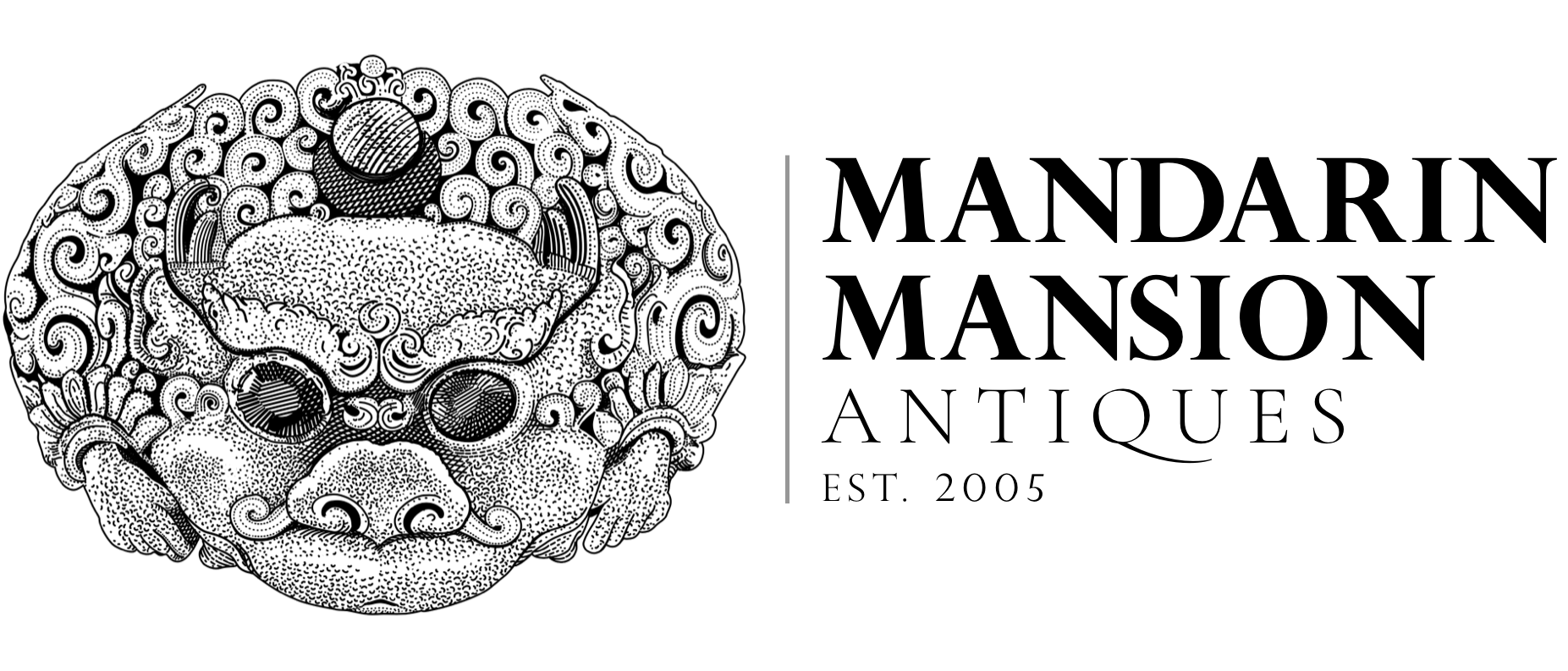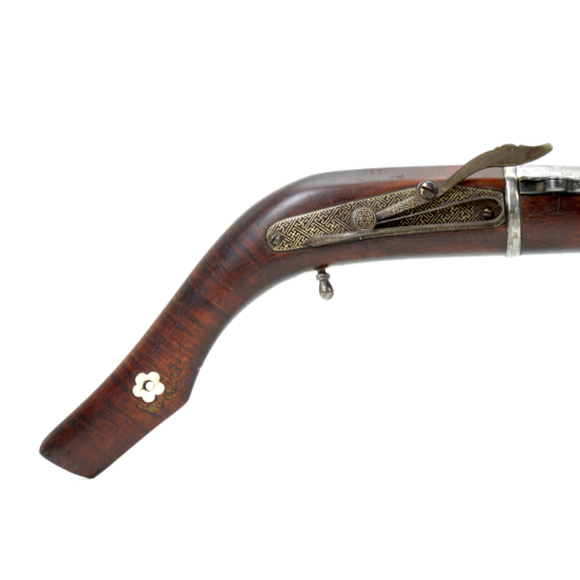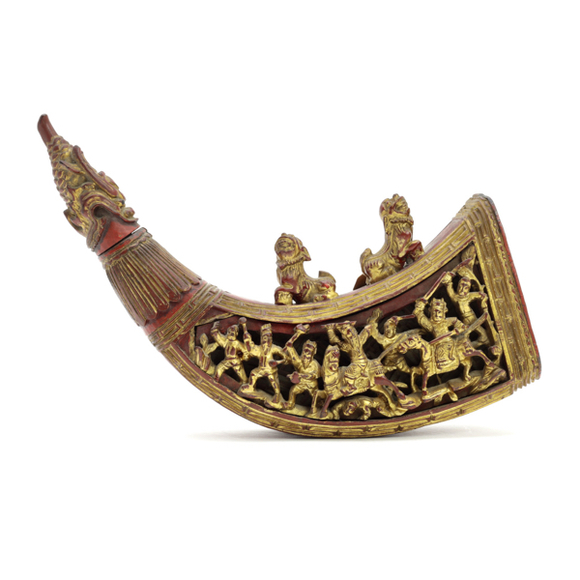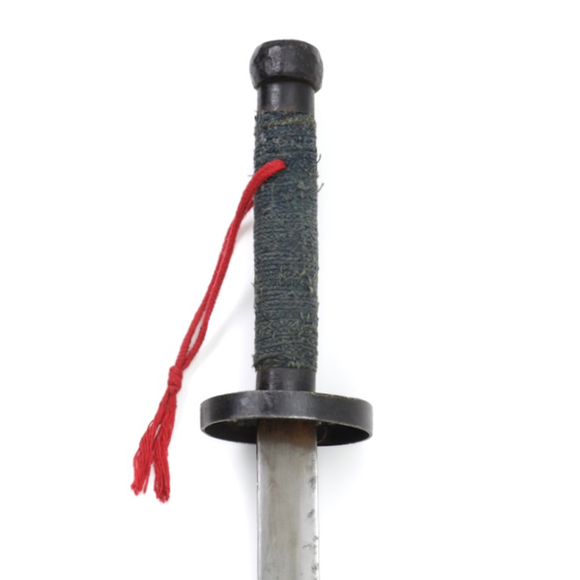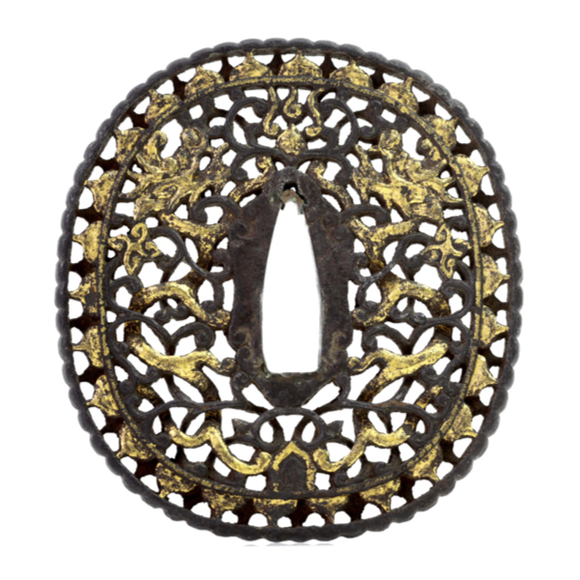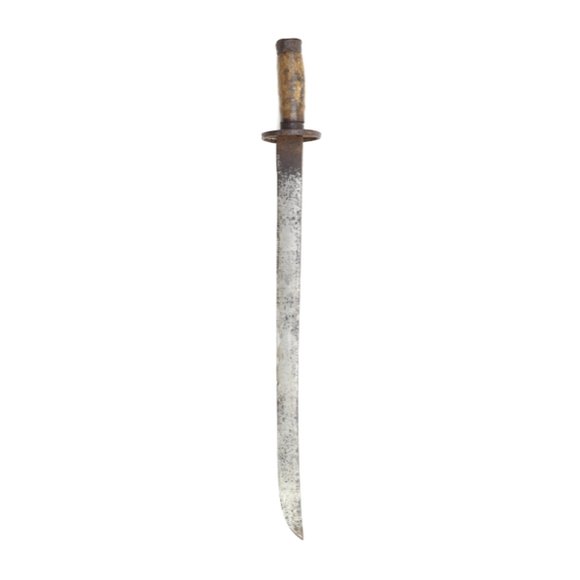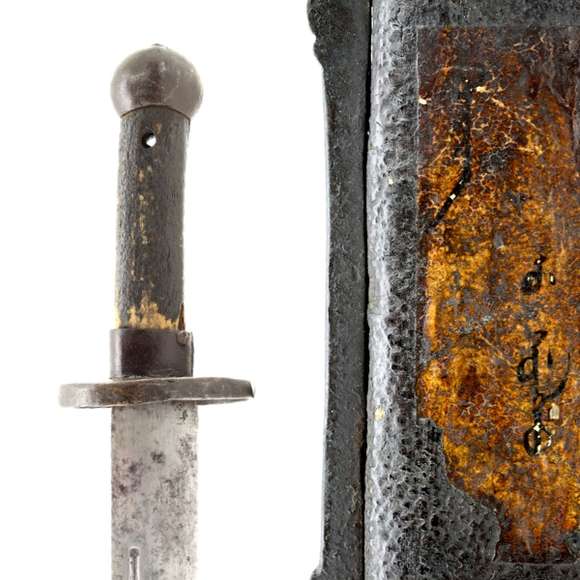Language: Mandarin Chinese
Source: Pleco dictionary. Old photos.
Description
Biāojú (鏢局) were professional agencies that provided armed escorts and bodyguards. These were essential for traveling long distances or with valuable goods.
Biāo (鏢) means "dart" or javelin but could also refer to goods sent under armed protection. Jú (局) means office.

Liú Shìjié (劉士傑, 1864–1930) an escort guard working for Tóngxìnggōng (同興公),
one of the major escort companies in Pingyao.
Tongxinggong Museum, Pingyao.1
The above guard carries a German Model 1888 commission bolt-action rifle, and a ring pommeled sword of which only the pommel shows. There is a flag attached to the back, with a text:
同 X 茂
Tóng [inintelligable] mào
鏢局
Biāojú
Tóngxìnggōng (同興公)
One of the most famous biāojú was Tóngxìnggōng in Pingyao. Founded in 1855 by martial arts master Wáng Zhèngqīng (王正清). The building is still there, at No. 105 South Street, Pingyao Ancient City, and now serves as a museum.
In 1900 they aided the fleeing empress Cixi in getting 930.000 taels of silver from Pinyao to Xi'an, a task no other agency dared take on but they completed it.2
Notes
1. Laurent Chircop-Reyes; Illegal Caravan Trade and Outlaw Armed Escorts in the Qing Dynasty: Critical Analysis of Two 18th Century Memorials Laurent Chircop-Reyes. PDF.
2. Shanxipingyao.com, 同兴公镖局.
